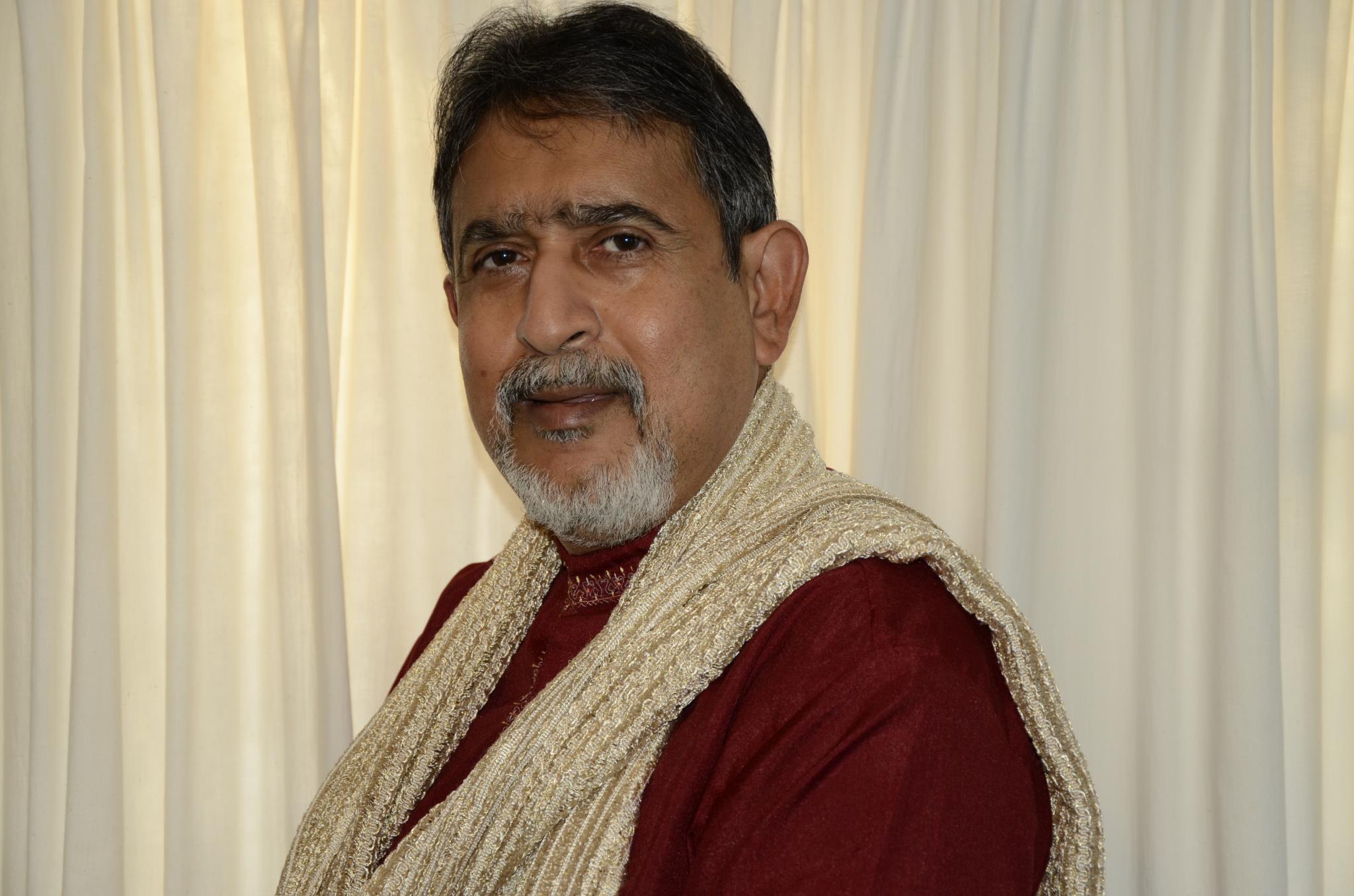However, as far as Fiji’s history is concerned, there is almost no acknowledgement of girmitiya contributions to its development. The accounts of trickery of recruiters, of whipping, over-tasking of work, unauthorized pay cuts, punching, kicking, suicides, rapes, sexual violations and killing in the cane fields of early Fiji have been completely missed by the history books. This was no accident but deliberately done to hide the inhumane, criminal and villainous acts by the “axis of evil. This comprised the colonialist British and Australian governments and the monster Colonial Sugar Refining Company (CSR), against the innocent and defenseless indentured labourers. Since the British were the colonial rulers of Fiji for around a century, they had a distinct advantage of manipulating history. That is why we learnt manufactured history devoid of the contributions and sufferings of indentured Indians.
It is unfortunate that even Fiji’s people settled overseas, like in Sacramento, Brisbane, Vancouver, San Francisco, and in my Auckland have been so immersed in their new found prosperity that any thought of Girmit or Girmitiyas was considered blasphemy, scratching of old wounds and digging of historical graves. Some six years ago I hoped to mark Girmit Day on May 14 in Auckland, but was shunned by the descendants of Girmitiyas. What a shame. Even a temple, supported and frequented by Indo- Fijians in Manurewa in South Auckland with an appropriate hall refused to grant us free use as they had to pay a mortgage for their loan. How about the mortgage that we owe to the sacrifices and sufferings of girmitiyas that have landed us in this prosperity now? Can Indo-Fijians settled abroad be so thankless, conceited, selfish and forgetful?
What I suggest is that we need to tell our children and grandchildren about our heritage. They should be told the stories of Girmit so that they know where they have descended from. They should know how full of suffering have been those sea journeys between 1879 and 1916 which saw some 60,000 Indians brought to Fiji. They deserve to know that subsequently their descendents in Fiji went through great deal of sufferings and discriminations by successive, supposedly democratic, Fijian governments from independence in 1970 to 2006.
